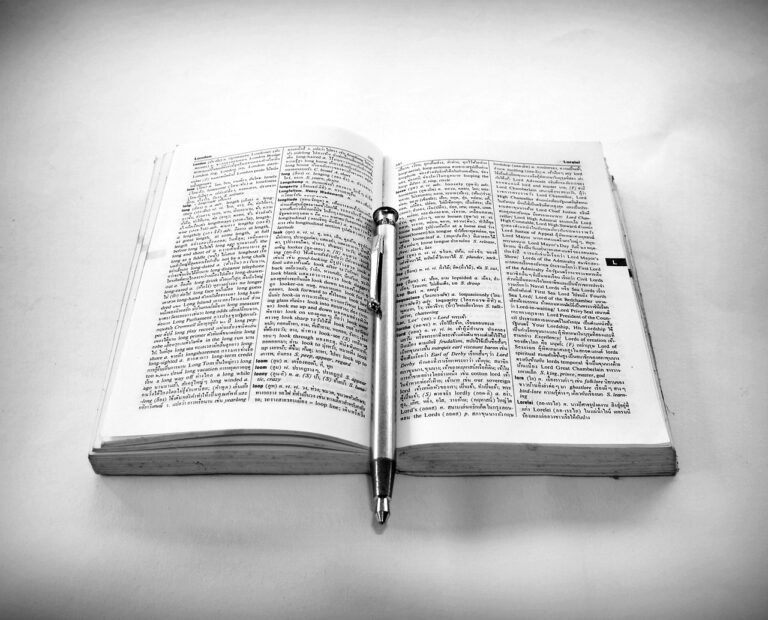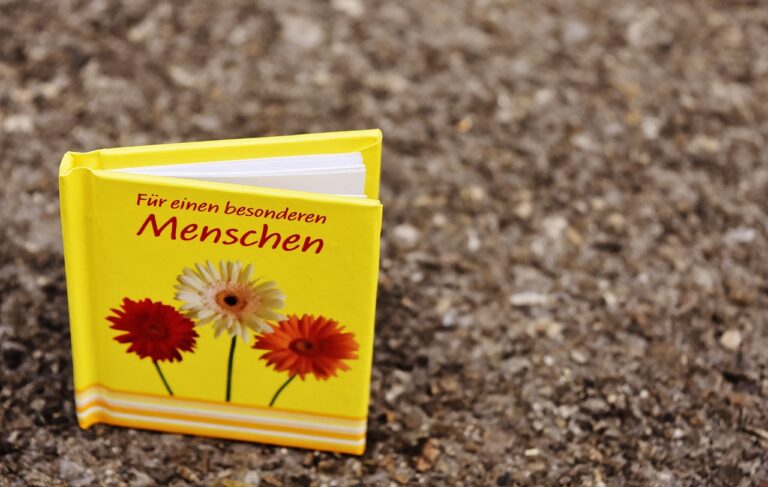Strategies for Preventing Academic Cheating and Plagiarism
Academic integrity is the cornerstone of education and scholarship, serving as the foundation for a respectful and ethical academic community. Upholding the principles of honesty, fairness, and trustworthiness are fundamental to ensuring the credibility and reputation of academic institutions. When students, educators, and researchers commit to maintaining high standards of integrity, they not only demonstrate their respect for knowledge and learning but also contribute to the advancement of society as a whole.
By adhering to academic integrity guidelines, individuals show their commitment to producing work that is original, accurate, and well-researched. Plagiarism, cheating, and other forms of academic dishonesty not only compromise the integrity of one’s own work but also undermine the principles of fairness and equality in education. It is crucial for everyone involved in academia to understand the significance of academic integrity and to actively promote a culture of honesty and integrity in all academic pursuits.
• Upholding the principles of honesty, fairness, and trustworthiness are fundamental to ensuring the credibility and reputation of academic institutions.
• Committing to maintaining high standards of integrity demonstrates respect for knowledge and learning.
• Academic integrity contributes to the advancement of society as a whole.
By adhering to academic integrity guidelines, individuals show their commitment to producing work that is original, accurate, and well-researched. Plagiarism, cheating, and other forms of academic dishonesty not only compromise the integrity of one’s own work but also undermine the principles of fairness and equality in education. It is crucial for everyone involved in academia to understand the significance of academic integrity and to actively promote a culture of honesty and integrity in all academic pursuits.
Emphasizing the Value of Original Work
When students prioritize originality in their work, they demonstrate their commitment to academic integrity and excellence. Creating original content allows individuals to showcase their unique perspectives, critical thinking skills, and creativity. It is important to recognize that original work not only reflects a student’s personal growth and understanding of the subject matter but also contributes to the broader academic community by introducing fresh ideas and insights.
In today’s digital age, where information is readily accessible and easily shared, the temptation to plagiarize or take shortcuts in academic assignments may be strong. However, it is crucial for students to understand the value of producing original work. By engaging with course materials, conducting thorough research, and synthesizing information in their own words, students not only build a deeper understanding of the subject matter but also develop important skills such as analysis, synthesis, and communication. Ultimately, valuing original work not only benefits students academically but also prepares them for success in their future careers.
Teaching Proper Citation Techniques
Citing sources properly is a crucial aspect of academic writing. When creating any piece of work, it is essential to give credit to the original authors whose ideas or research have influenced your writing. Failure to do so can lead to plagiarism, which undermines the integrity of your work and can result in serious consequences.
There are various citation styles such as APA, MLA, and Chicago which dictate how sources should be cited in academic papers. Each style has its own specific guidelines for citing different types of sources like books, websites, and journal articles. Familiarizing yourself with the specific requirements of the citation style required by your institution or discipline is important to ensure your work meets the necessary standards of academic integrity.
Why is it important to teach proper citation techniques?
Teaching proper citation techniques is crucial in promoting academic integrity and giving credit to the original authors of the work being referenced.
How can improper citation affect a student’s academic work?
Improper citation can lead to accusations of plagiarism, which can result in serious consequences such as failing grades, academic probation, or even expulsion from the institution.
What are some common citation styles that students should be familiar with?
Some common citation styles include APA (American Psychological Association), MLA (Modern Language Association), and Chicago Turabian. It is important for students to learn and practice these styles to properly acknowledge sources in their work.
How can educators help students understand the importance of citing sources correctly?
Educators can emphasize the value of original work and the ethical responsibility of giving credit to others. They can also provide examples and practice exercises to help students master citation techniques.
What resources are available to help students with proper citation?
Students can use online citation generators, style guides, and academic writing centers to help them properly cite sources in their work. It is important for students to familiarize themselves with these resources to avoid plagiarism.







